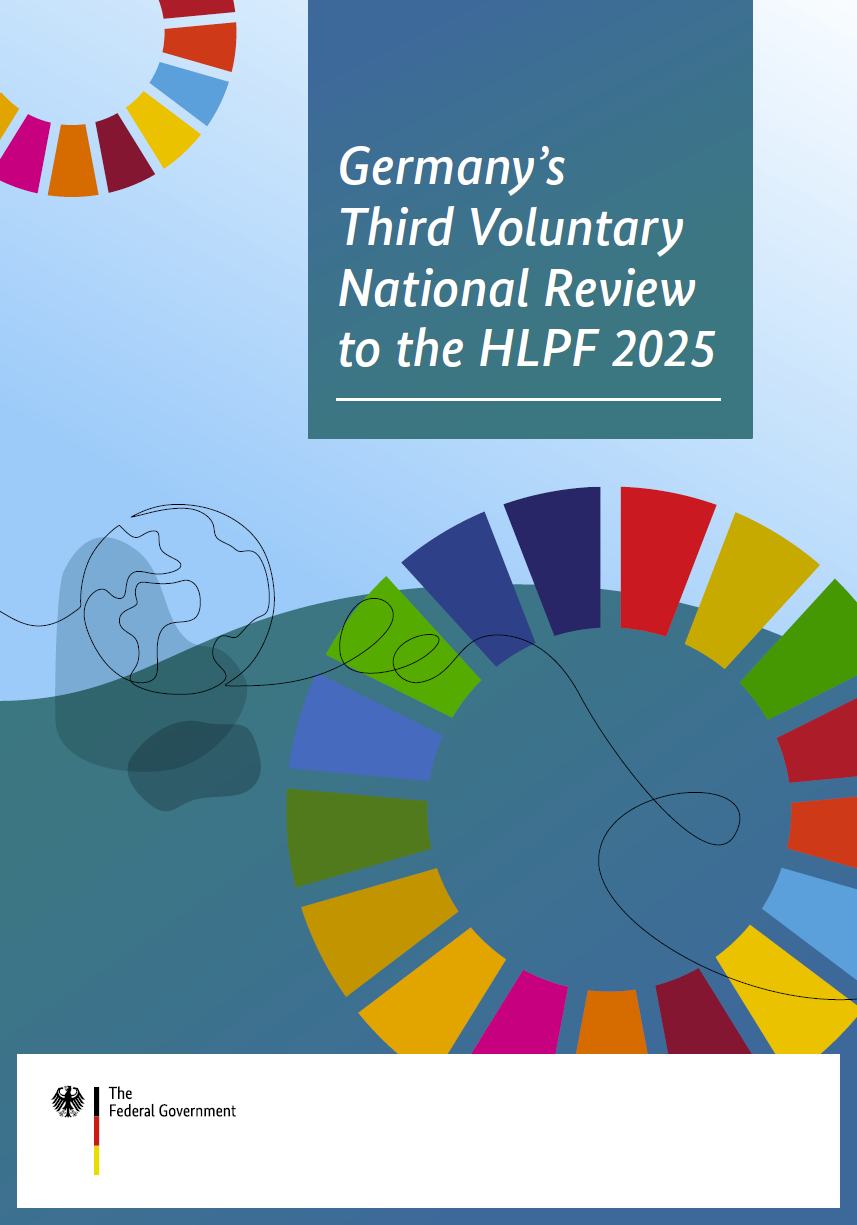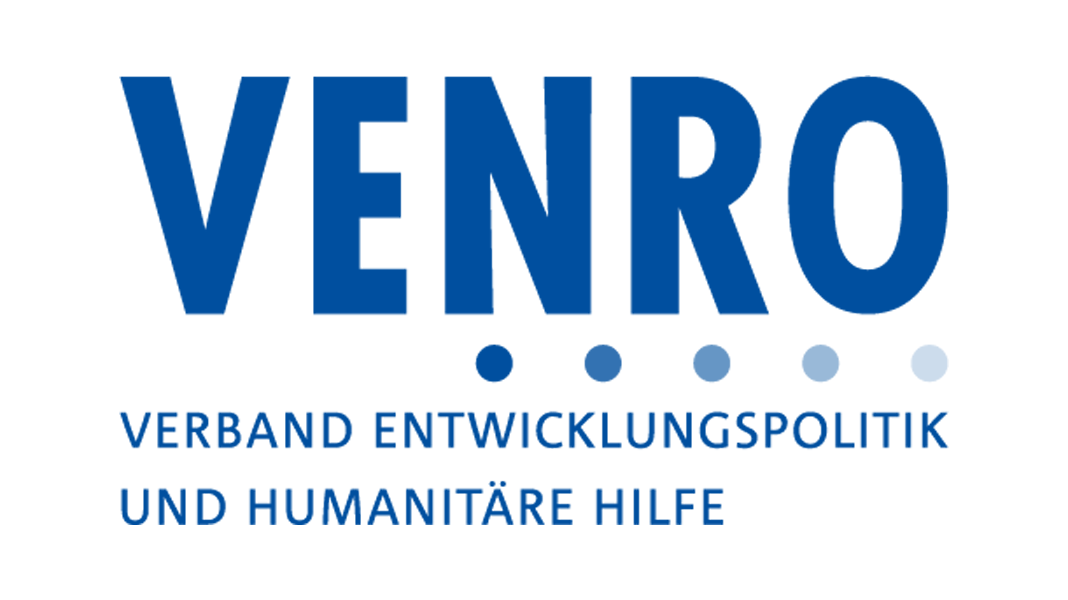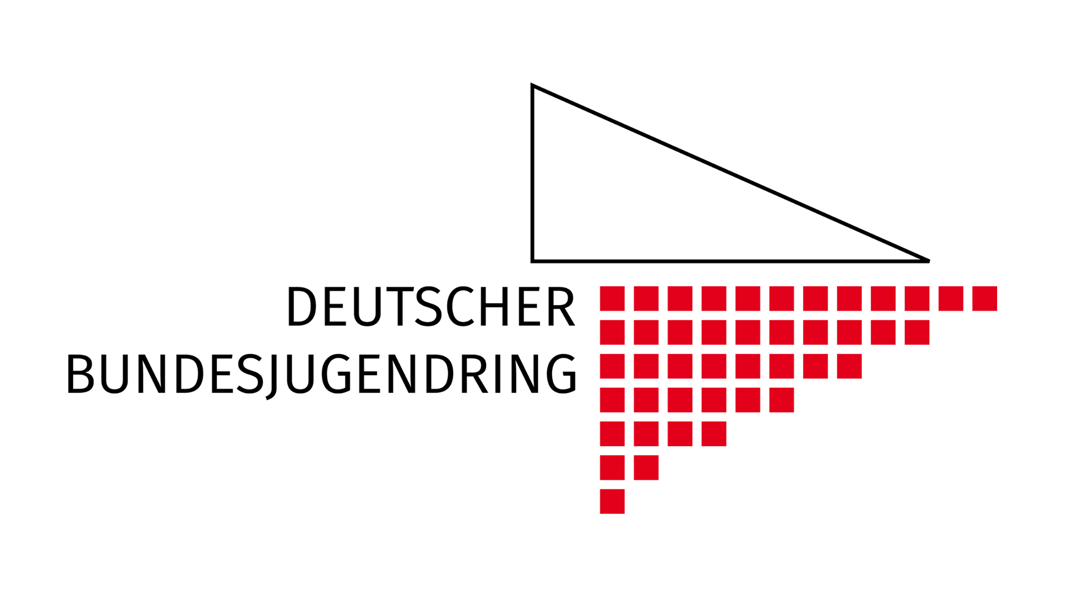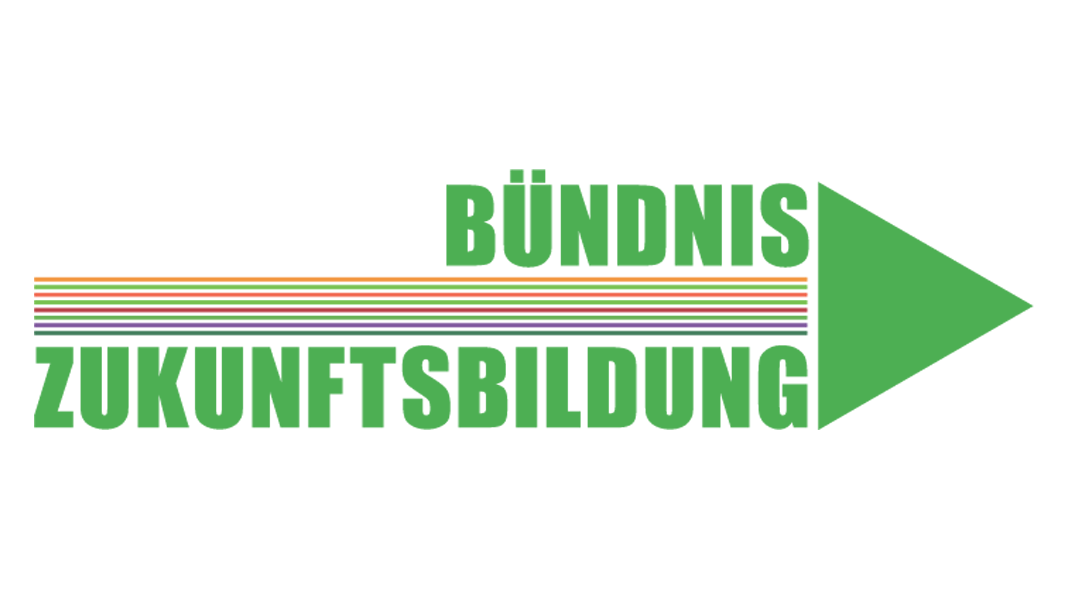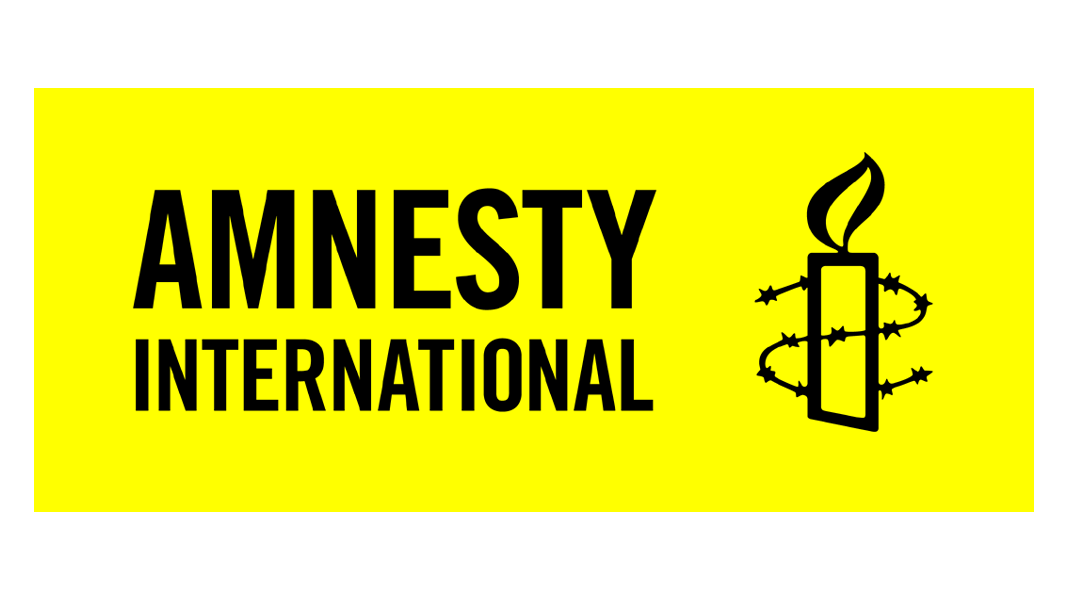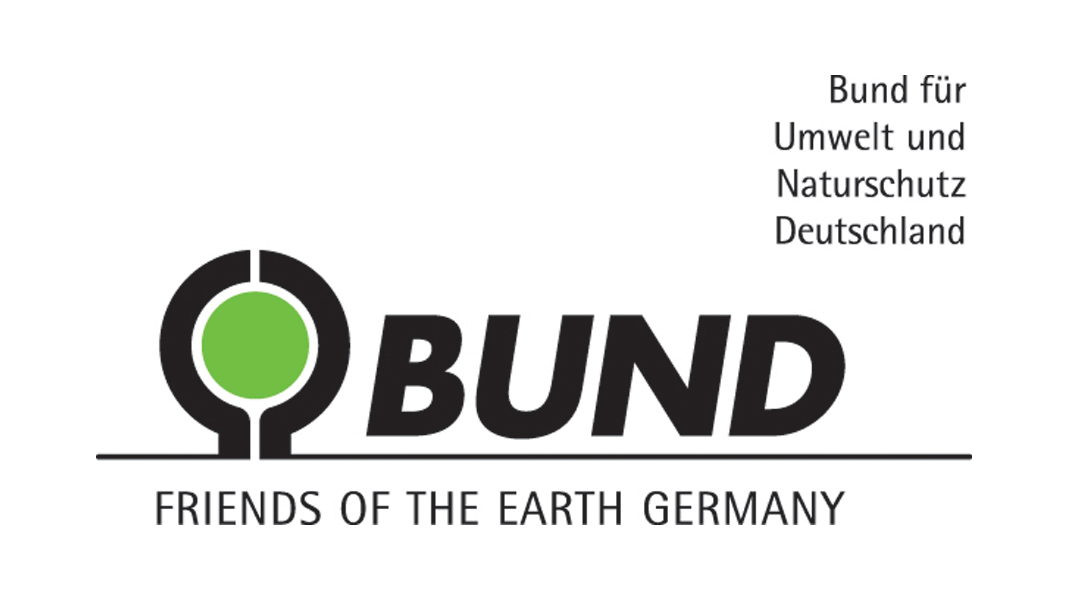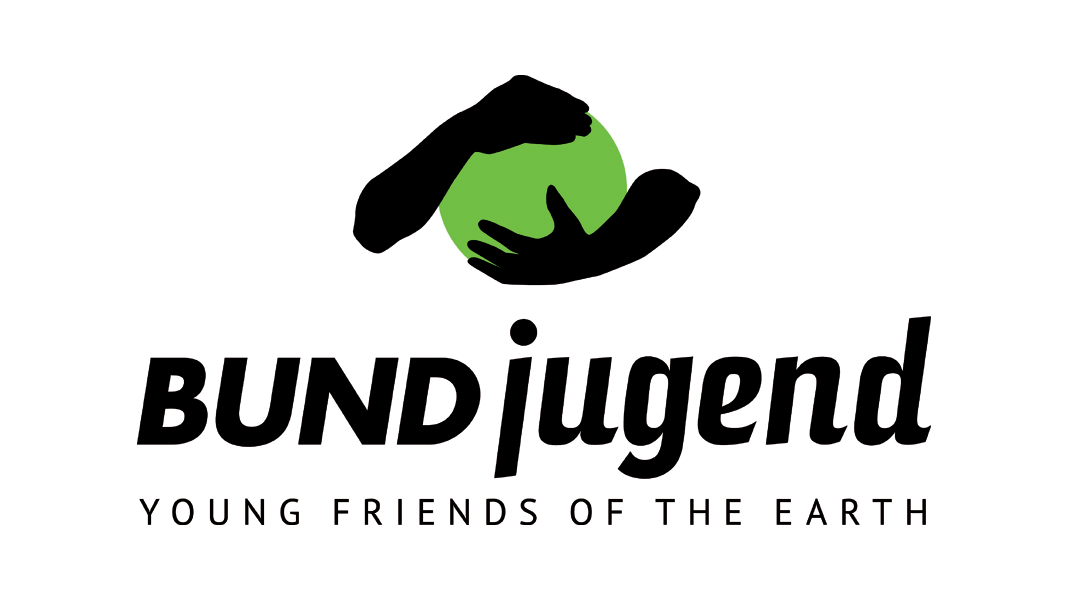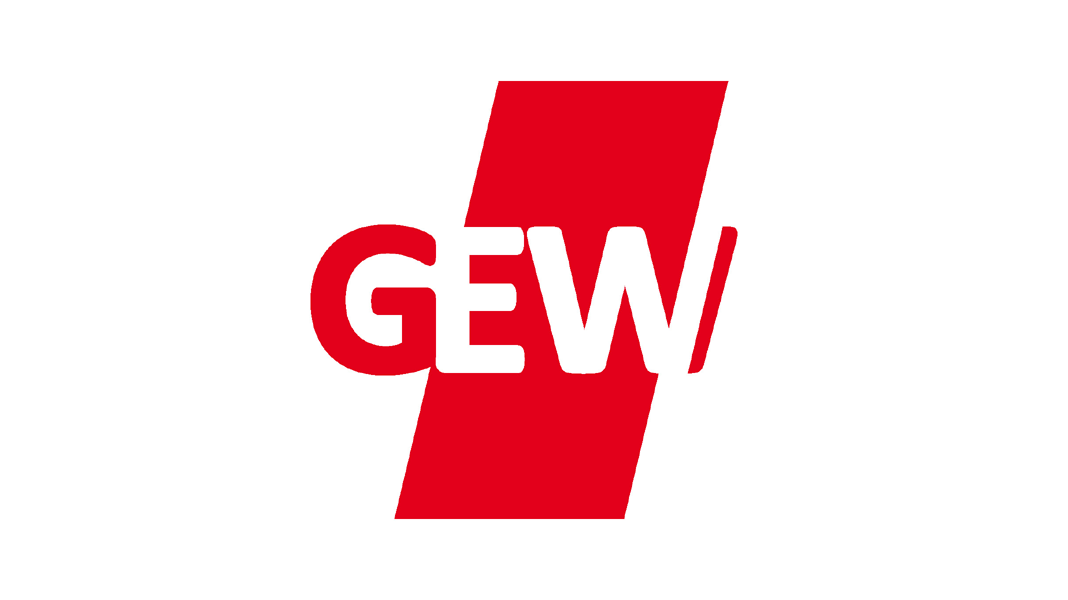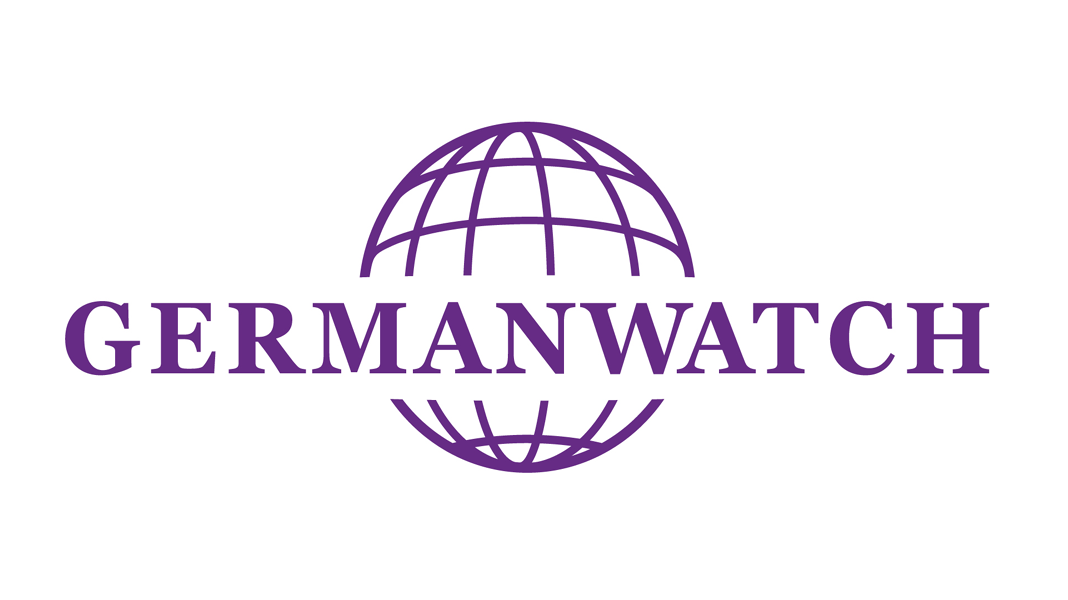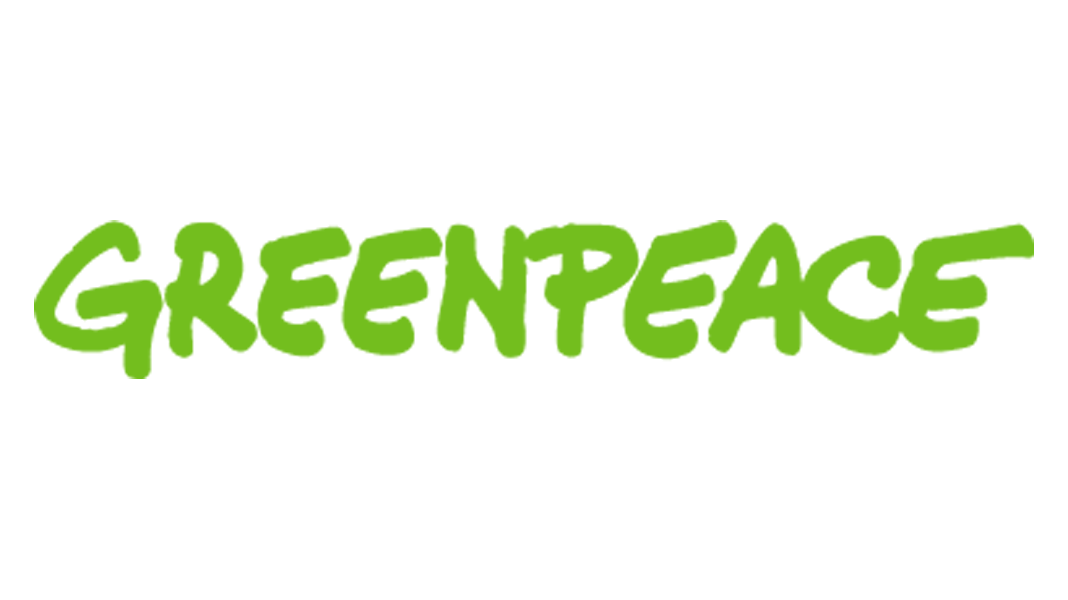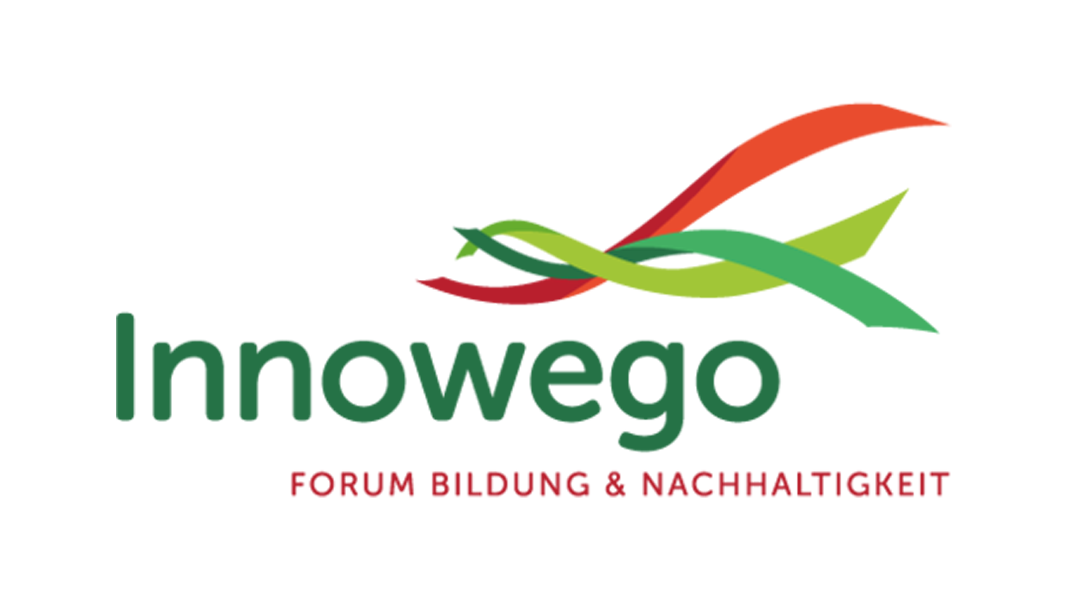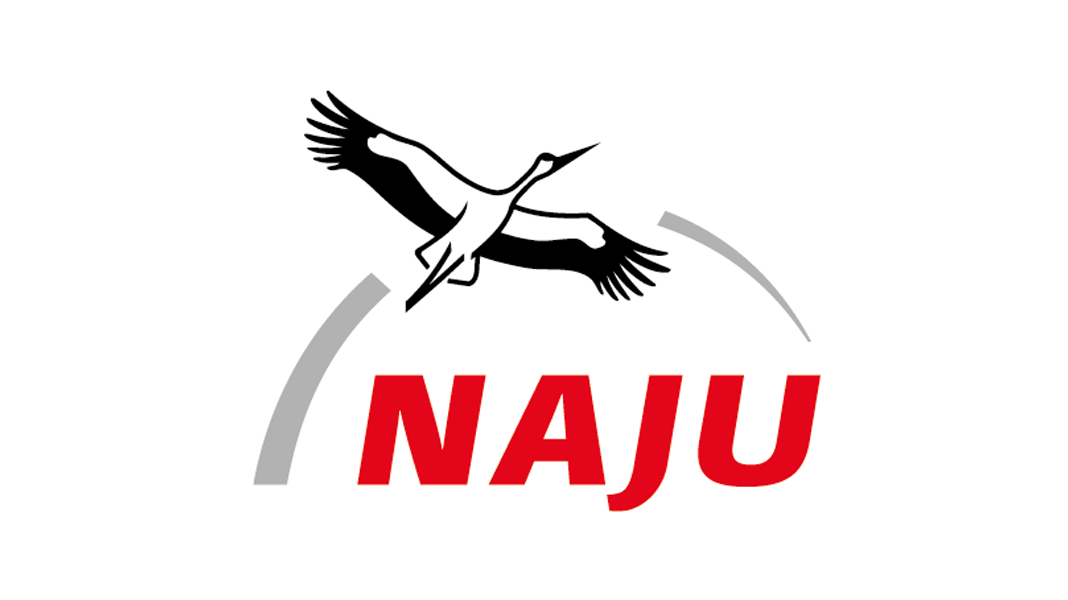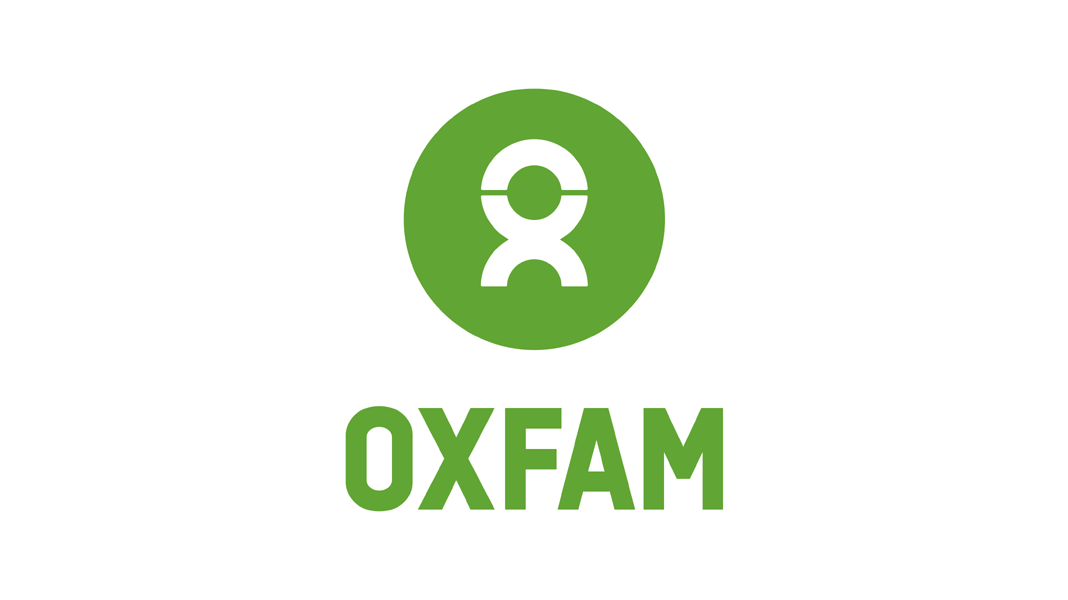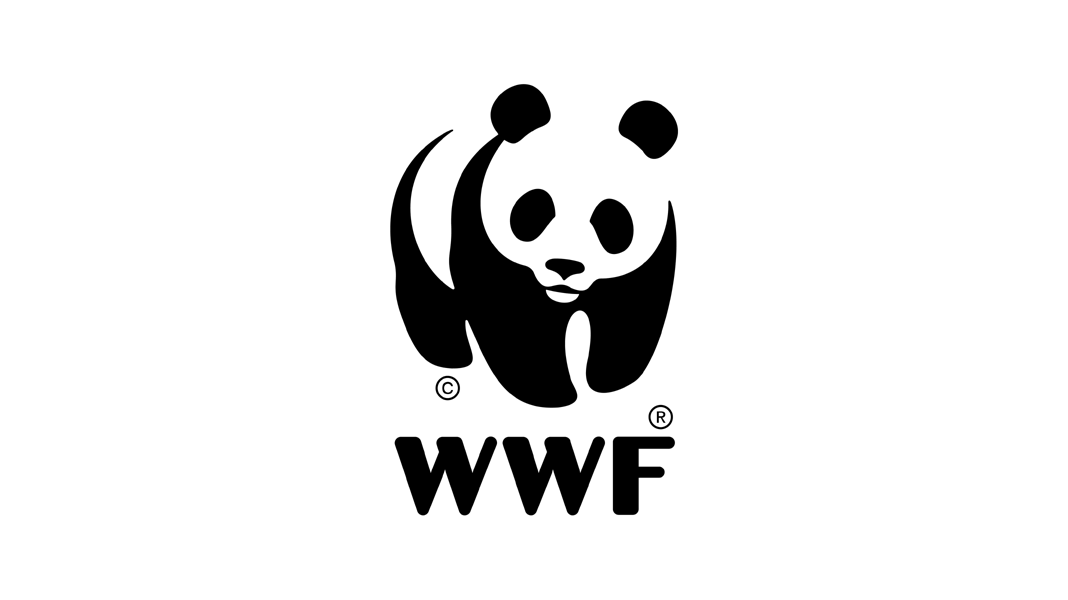VNR 2025 Joint contribution by VENRO, the German Federal Youth Council and Bündnis ZukunftsBildung
Germany's civil society is firmly committed to the 2030 Agenda and the implementation of the SDGs in, with and by Germany, and plays a central role in this effort. In its actions, civil society is demonstrating that participation works. Civil society is a key player and decisive part of Germany's sustainability architecture. Germany's civil society has closely-knit networks, is innovative and is, in particular, indispensable for a strong education landscape. In Germany, education work is the second-largest field of activity of civil society.
The German Sustainable Development Strategy forms the framework for mainstreaming sustainable development in all fields of politics and society. One important element of implementing the 2030 Agenda is Education for Sustainable Development (ESD) and the UNESCO ESD for 2030 Roadmap. The National Platform for Education for Sustainable Development, for which the Federal Ministry of Education and Research is the lead ministry, brings together representatives of employers' associations, civil society, academia, faith-based organisations and youth, and representatives of Germany's federal states (Länder) and federal government in support of ambitious implementation of SDG 4. One important part of the Platform is youpaN. This youth forum is supported by the Stiftung Bildung foundation, which is based on donations. The forum enables young people to play an active part in the process. The National Platform is a multi-stakeholder body, which makes it nearly unique in Germany's education sector. It is indispensable to the ambitious implementation of SDG 4. The Platform is also an example of successful participation.
ESD is extremely important for all people worldwide, and an integral part of the human right to education. The task of politics is to provide the right framework so that all people of all ages are equally able to learn to think and act sustainably. Systemically mainstreaming ESD in formal, non-formal and informal education is a vital step towards that goal. Using an inclusive approach in this endeavour facilitates broader participation and fosters the implementation of the SDGs. Places where people teach and learn about ESD issues also impact positively on communities. The “whole school in community” approach would facilitate mutual learning among international partners (see also How can a Whole School Approach to Sustainability be Inclusive to All Learners? (External link)). Another element that is essential to quicker implementation of the SDGs and the 2030 Agenda is peer learning initiatives.
Submitted by: Association of German Development and Humanitarian Aid Non-Governmental Organisations (VENRO), German Federal Youth Council and Bündnis ZukunftsBildung (NGO Alliance for Future Education, which has the following members: Amnesty International, BUND / Friends of the Earth Germany, BUNDjugend (Young Friends of the Earth Germany), The German Education Union, Germanwatch, Greenpeace, Innowego, German Youth Association for the Protection of Nature, Oxfam and WWF)
